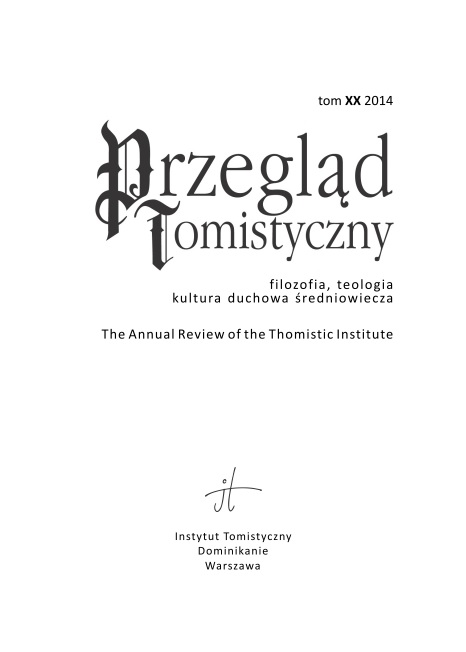ANDRZEJ POTOCKI OP, The Problem of Conscience in the Moral Experience of People in Poland

Volume XVIII: 2012
Philosophy — Theology— Spiritual Culture of the Middle Ages
ISSN 0860-0015
e-ISSN 2544-1000
SUMMARY
Questions about the origin of moral attitudes and behaviors usually lead us to the phenomenon of religion. Traditionally, religion was seen as the foundation of morality. It also provided justifications for moral norms. However, contemporary sociological research in Poland clearly demonstrates the existence of an ongoing process of secularization of morality, which means that morality is becoming independent from the influence of religion. This process does not involve a planned rejection of religion, yet a growing number of Poles presume that religion is superfluous in the search for optimal moral decisions, and even more irrelevant in the domain of moral justifications. Instead of turning to religion, people say that they derive justification for their moral choices from their own consciences. In light of the empirical evidence, we may observe that personal conscience has taken precedence over other sources of justification of moral choices, such as the advice of friends, family members or priests, or even the teaching of the Church. Many who claim to depend on their conscience have an understanding of conscience that favors their subjective experience, their attachment to particular rights, and an emphasis on freedom as a primary value. It seems, however, that most of these people cannot define what conscience is. It is nearly impossible for them to relate conscience, which constitutes a subjective norm of morality, to objective moral norms. All of this poses some serious challenges in the domain of the moral education of the Polish people.
